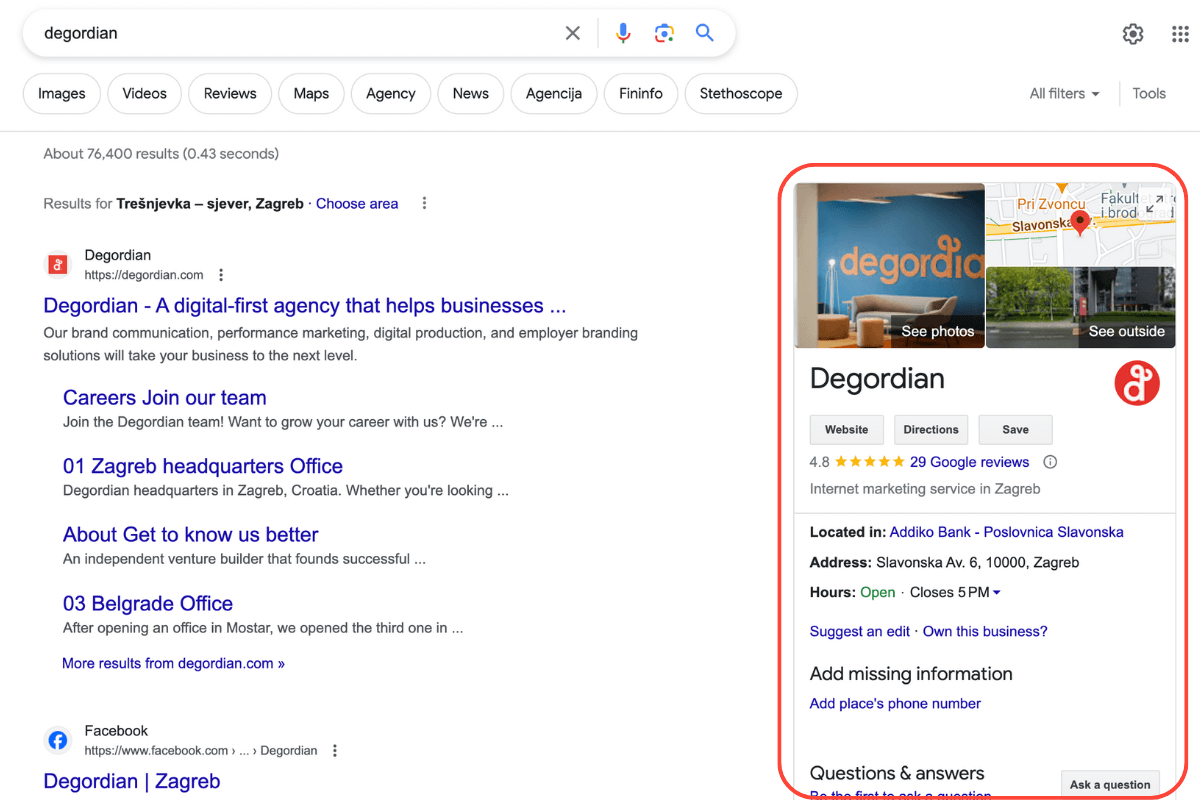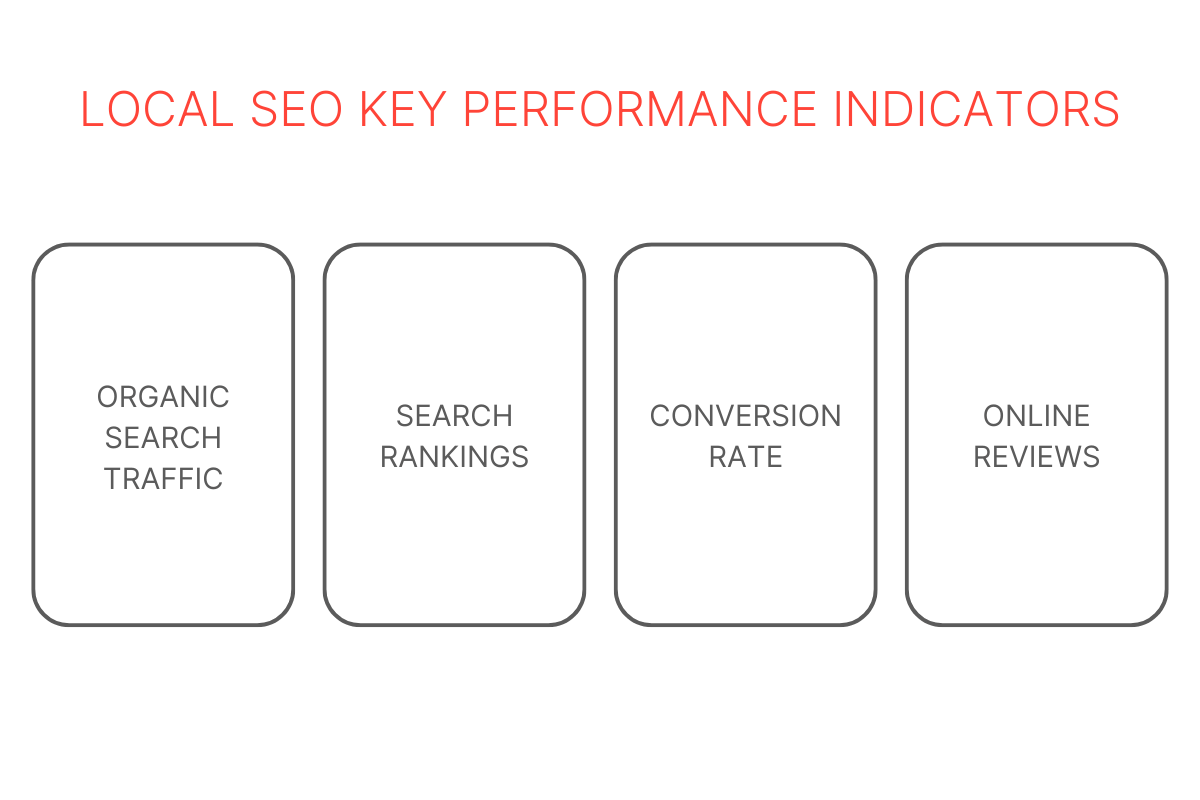Introduction
When it comes to digital marketing, you can’t afford to overlook local SEO. With more people relying on the internet to find products and services in their communities, businesses must embrace local SEO to stay competitive. So, buckle up and get ready to dive into the world of local SEO with this ultimate guide!
Local SEO: The cornerstone of online success for SMB
What is local SEO and why does it matter?
Local SEO, or Local Search Engine Optimization, is the process of optimizing your website and online presence to rank higher in local search results. It’s a vital component of digital marketing for businesses that serve a specific geographic area or have physical locations. The higher your website ranks in search results, the more likely potential customers will choose your business over competitors.
The advantages of local SEO
Local SEO has several benefits that can help your business grow:
- Increased online visibility: Local SEO enhances your online presence, making it easier for potential customers to find you in local search results.
- Targeted traffic: Local SEO attracts potential customers who are already searching for products or services in your area.
- Cost-effective marketing: Compared to traditional advertising methods, local SEO is more affordable and provides a better return on investment (ROI).
- Improved user experience: Local SEO strategies often focus on improving the overall user experience, which can lead to higher conversion rates and better customer satisfaction.
Key elements of an effective local SEO strategy
A good local SEO strategy brings together different methods to boost a business’s online presence in its local market. It combines on-page SEO, off-page SEO, and technical SEO to improve visibility.
Keyword research and optimization
Using the right keywords is crucial for local SEO success. Start by researching the most relevant and popular keywords your target audience is using to search for products or services in your area. Once you’ve identified the best keywords, optimize your website content, meta tags, and headings to include these phrases.
Google My Business (GMB) Listing
A GMB listing is essential for local SEO, as it allows your business to appear in Google Maps and local search results. Ensure your listing is complete and up-to-date with accurate information, including your business name, address, phone number, website, and hours of operation.

Local citations and directory listings
Local citations are mentions of your business’s name, address, and phone number (NAP) on other websites. These citations help search engines validate your business’s legitimacy and improve your local search ranking. To build local citations, submit your NAP information to reputable online directories and review platforms.
Online reviews and reputation management
Online reviews play a significant role in local SEO. Positive reviews can improve your search ranking and encourage potential customers to choose your business. Encourage customers to leave reviews on platforms like Google, Yelp, and Facebook, and respond to both positive and negative feedback.
Mobile-friendliness and page speed optimization
With most local searches occurring on mobile devices, having a mobile-friendly and fast-loading website is crucial for local SEO success. Optimize your site for mobile devices and improve page loading times to provide a better user experience.
The role of content in local SEO
Creating localized content
To effectively target local customers, create a content marketing strategy that is tailored to your local community. This could include blog posts about local events, news, or stories that are relevant to your industry and audience.
Types of content to consider
When creating content for your website, consider using a mix of the following:
- Informative articles
- How-to guides
- Infographics
- Videos
- Podcasts
- Case studies
Tracking and measuring your local SEO success

To measure the effectiveness of your local SEO efforts, track the following KPIs:
- Organic search traffic: Monitor the number of visitors arriving at your website through local search results.
- Search rankings: Keep an eye on your website’s position in local search results for targeted keywords.
- Conversion rate: Track the percentage of visitors who complete a desired action, such as making a purchase or signing up for a newsletter.
- Online reviews: Monitor the quantity and quality of reviews on various review platforms.
Local SEO analytics tools
There are several tools available to help you track and analyze your local SEO performance, including:
- Google Analytics: Track website traffic, user behavior, and conversion rates.
- Google Search Console: Monitor your website’s performance in Google search results.
- Ahrefs: Analyze your website’s backlinks, keywords, and competitor performance.
- Moz Local: Manage and track local citations and online presence.
FAQs about local SEO
1. How long does it take to see results from local SEO efforts?
Local SEO is an ongoing process, and results can vary depending on factors like competition, industry, and the quality of your website. Generally, you can expect to see some improvements within a few months, but it may take longer to achieve significant results.
2. Can I do local SEO on my own, or should I hire a professional?
While it’s possible to manage local SEO on your own, hiring a professional can save you time and provide better results. Professionals have the expertise, resources, and tools to optimize your online presence effectively.
3. How important are online reviews for local SEO?
Online reviews are crucial for local SEO, as they influence your search ranking and potential customers’ decisions. Encourage customers to leave reviews and respond to their feedback to maintain a positive online reputation.
4. What is the difference between local SEO and traditional SEO?
Local SEO focuses on optimizing your website and online presence for a specific geographic area, while traditional SEO targets a broader audience. Local SEO is essential for businesses that serve a particular community or have physical locations.
5. Do I need a separate website for each location if my business has multiple locations?
No, you don’t need a separate website for each location. Instead, create individual pages for each location on your main website and optimize them for local SEO.
6. How can I stay ahead of my competitors in local SEO?
To stay ahead of your competitors, continually monitor your local SEO performance, keep your website and online listings up-to-date, and create high-quality localized content. Engage with your local community through social media, events, and partnerships to build a strong online presence.
Conclusion
Local SEO is an indispensable part of digital marketing for businesses looking to thrive in today’s competitive landscape. By understanding and implementing the key elements of local SEO, you can improve your online presence, attract targeted traffic, and ultimately, grow your business.
Now, we understand that juggling all these aspects can be overwhelming. That’s where we come in. Our performance marketing expert team is here to help you navigate the intricate world of local SEO. Get in touch with us and start optimizing your local SEO strategy today!




